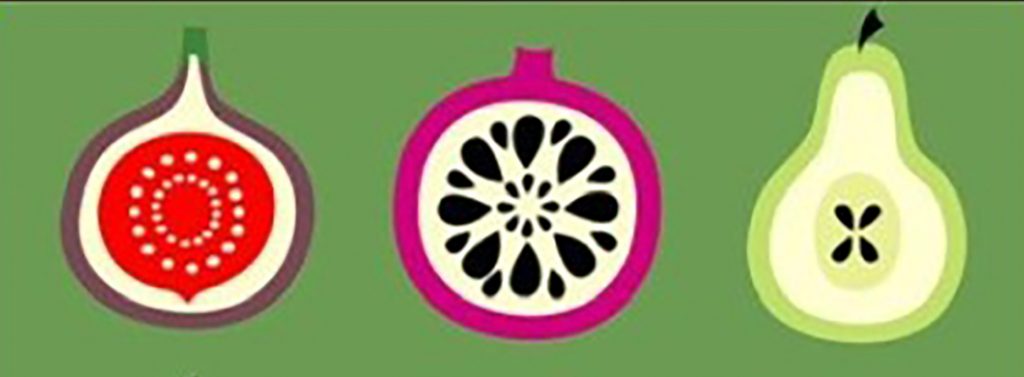I’m staying in a small hotel at the moment. And it’s a rare treat for me to have a few days of countryside peace and quiet. But I’ve been shocked by the poor quality of the food on offer – not just in my hotel, but in the village as a whole. I’ve given up on breakfasts here which consist of fake brown bread, watery coffee from a machine and eggs that I don’t eat because they tell me they are not even free range. Forget organic! This is something of a mystery to me because there must be chickens around here and lovely fresh eggs.
But my frustration has reached fever-pitch in finding zero fresh fruit on offer anywhere! Yesterday I was reduced to eating three sections of tasteless tinned grapefruit. Fortunately I found a few blackberries in the hedgerows, otherwise I would have eaten nothing with vitamin C in it yesterday. In the hotel pub/restaurant last night I enquired whether I might have an apple with my cheese instead of chutney. They rang up the kitchen. ‘No sorry,’ came the reply, ‘don’t you know we are three miles from the shop – we can’t stock fresh fruit’. But they do buy lemons for the bar – strange priorities.
Fresh fruit isn’t optional – it is an essential part of our diets. Even our nutritionally ambivalent government harps on about five portions of fresh fruit and veg every day. Though the average in the UK is lower. Many people only take 2 or 3 portions a day – estimated at 120-180g.
But five a day isn’t optimal. A study in 2017 concluded that an estimated 5.6 and 7.8 million deaths worldwide from heart disease and cancer may be attributed to a fruit and vegetable intake below 500 and 800g/day, respectively, if the observed associations are causal. 800g/day is over 13 portions of fruit and vegetables.
Fruit is our main source of Vitamin C, which becomes more and more important as we age and suffer from an over-active inflammatory response. Vitamin C neutralised the reactive oxygen species (ROX) that triggers immune reactions. We think reducing ROX might help the body to search and destroy cancer cells before they start to reproduce.
Fruit is also an excellent source of fibre. An apple eaten with skin packs a 9g punch of fibre. But we need a minimum of 20g fibre each day. If you’re an active man you need 38g. A high fibre diet helps guard against heart disease and a low fibre diet in implicated in many gastroenterological cancers including bowel cancer.
Fruits also contain a cornucopia of trace elements like selenium, plant phenols and limonenes, all of which have their health benefits.
So I’m off to another village today, where I’m reliably informed that good food does exist. I know I need fresh fruit (and more fresh veg for that matter) because I’m dreaming about biting into a juicy orange, or a tangy kiwi. That’s another important message – don’t ignore your healthy food cravings – indulge them.
Further reading:
Aune, Giovannucci, Boffetta et al. (2017) Fruit and vegetable intake and the risk of cardiovascular disease, total cancer and all-cause mortality-A systematic review and dose-response meta-analysis of prospective studies. International Journal of Epidemiology 1029-1056

Hi Wendy,
We met at Oxwich Bay this afternoon and had a brief chat. Only yesterday I was saying to my wife that she should see a nutritionist to see if she could get some help and advice about a suitable diet so you can imagine my surprise when you said you were a clinical nutritionist! Thanks for the blog details.